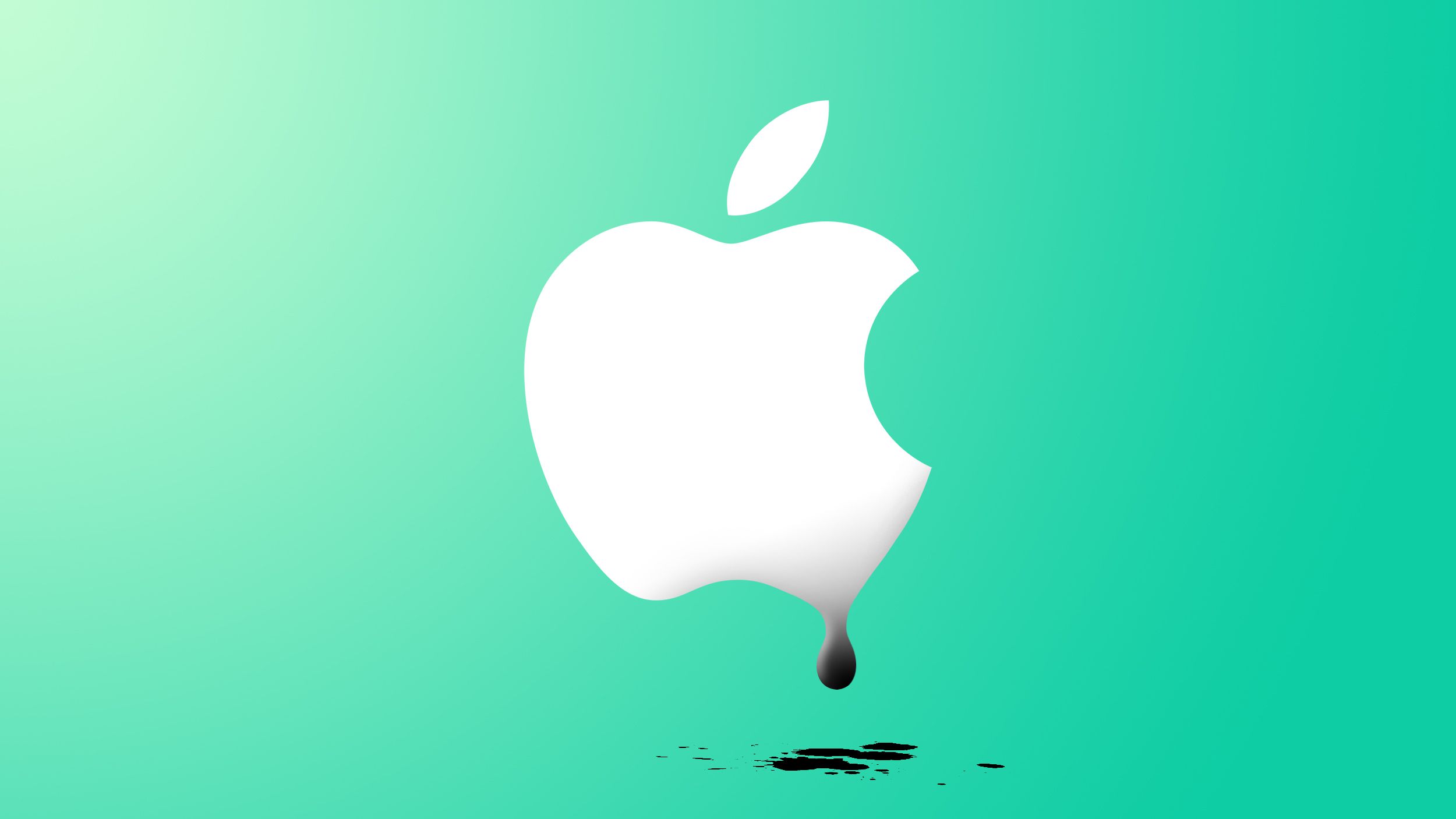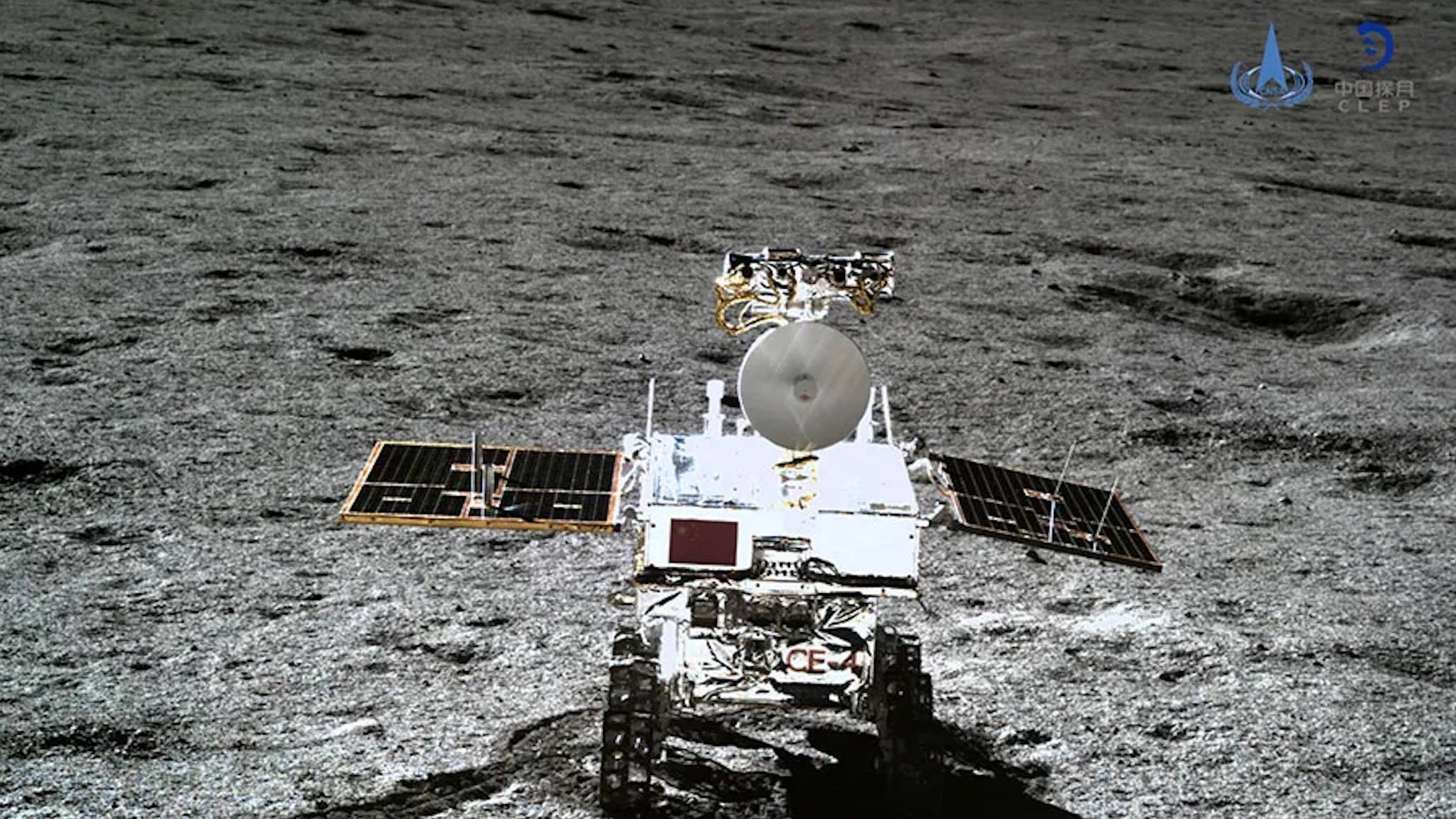DeepSeek AI and the Global Power Shift: Hype or Reality?
Artificial Intelligence (AI) is no longer just a technological breakthrough but a battleground for global power, economic influence, and national security. The U.S. has led the AI revolution for years, with companies like OpenAI, Google DeepMind, and Microsoft leading the way in machine learning. But with China aggressively expanding its investments in AI, a new […] The post DeepSeek AI and the Global Power Shift: Hype or Reality? appeared first on Unite.AI.


Artificial Intelligence (AI) is no longer just a technological breakthrough but a battleground for global power, economic influence, and national security. The U.S. has led the AI revolution for years, with companies like OpenAI, Google DeepMind, and Microsoft leading the way in machine learning. But with China aggressively expanding its investments in AI, a new contender has emerged, sparking debates about the future of global AI dominance.
DeepSeek AI is not an accidental development but a strategic initiative within China’s broader AI ambitions. Developed by a leading Chinese AI research team, DeepSeek AI has emerged as a direct competitor to OpenAI and Google DeepMind, aligning with China’s vision of becoming the world leader in AI by 2030.
According to Kai-Fu Lee, AI investor and former Google China President, China has the data, talent, and government support to overtake the U.S. in AI. “The AI race will not be won by the best technology alone but by the country with the most strategic AI deployment. China is winning that battle,” he argues.
Open-Source Accessibility and Expert Perspectives
One of DeepSeek AI’s most disruptive features is its open-source nature, making AI more accessible than proprietary models like GPT-4. Unlike GPT-4, which requires advanced GPUs, DeepSeek AI runs on less sophisticated hardware, enabling businesses with limited computational resources to adopt AI solutions. Moreover, its open-source accessibility also encourages global developers to contribute to and improve the model, promoting a collaborative AI ecosystem. Furthermore, companies can integrate DeepSeek AI without paying licensing fees, disrupting AI’s traditional business model.
Elon Musk has expressed strong skepticism regarding DeepSeek AI’s claims. While many tech leaders have praised its achievements, Musk questioned the company's transparency, particularly regarding hardware usage. He dismissed claims that DeepSeek AI had achieved its results with a relatively small number of GPUs, implying that the actual number could be much higher. His criticism aligns with industry experts' concerns that DeepSeek’s rapid success might be overstated or not fully disclosed. Musk’s stance contrasts with the optimism of figures like Marc Benioff, CEO of Salesforce, who publicly celebrated DeepSeek AI's recent achievements, particularly its surpassing ChatGPT on the App Store. He emphasized that the actual value of AI lies in data and metadata, suggesting that future advancements will be driven by access to these resources. Benioff described DeepSeek's success as a significant milestone in AI, highlighting its potential to democratize technology and challenge established players. However, he also referred to DeepSeek as “a precision experiment for now,” indicating a cautious optimism about its long-term impact. This perspective reflects a broader conversation about the evolving dynamics in the AI industry.
Prof. Neil Lawrence, DeepMind Professor of Machine Learning at the University of Cambridge, remarked, “The progress is unsurprising, and I think it's just the tip of the iceberg regarding the type of innovation we can expect in these models. History shows that big firms struggle to innovate as they scale, and what we've seen from many of these big firms is a substitution of compute investment for the intellectual hard work.”
Is the AI Race Tilting in China’s Favor?
China is rapidly advancing in the AI race, particularly with the emergence of DeepSeek AI. China's 14th Five-Year Plan (2021-2025) prioritizes AI as a strategic frontier industry, reinforcing its ambition to lead globally by 2030. Significant state investments in research, talent acquisition, and industrial applications back this effort. DeepSeek has gained international attention with its recent models, including the DeepSeek-R1, which employs advanced reasoning capabilities and operates under an open-source license.
AI expert Andrew Ng notes that while China's AI infrastructure is growing quickly, the real test lies in scaling these advancements globally. Additionally, challenges remain in addressing AI governance and ethical concerns, especially as DeepSeek’s open-source approach could reshape how information is processed worldwide.
DeepSeek AI is already impacting the AI industry and the stock market. Reports suggest that DeepSeek AI’s announcement caused a temporary dip in NVIDIA’s stock, a key supplier of AI chips for OpenAI and Google. Microsoft and OpenAI are also reportedly re-evaluating their business models in response to the potential threat posed by open-source AI.
This shift might force U.S. and European AI firms to accelerate their development efforts, with companies increasingly investing in more efficient AI models that balance performance and cost-effectiveness. With DeepSeek AI challenging the current paradigm, businesses are exploring new AI monetization strategies, such as modular AI deployments and cloud-based AI marketplaces.
So, is the AI race tilting in China’s favor? While China's advancements are undeniably significant and create a compelling narrative of rapid progress, it is essential to remain cautious about labeling it as an outright victory. The AI race is complex and multifaceted, involving technological prowess, ethical considerations, governance frameworks, and global cooperation. As the world watches China's next moves, the true measure of success will depend on how these advancements are scaled and integrated into a worldwide context, ensuring they benefit humanity as a whole while adhering to ethical standards.
Hype vs. Reality: Assessing DeepSeek AI’s True Impact
DeepSeek AI has gained attention in the AI sector, with many considering it a significant development. Its primary advantage is its efficient use of resources, which could reduce business infrastructure costs. By adopting an open-source approach, it allows for rapid growth and customization. Industries such as finance, healthcare, automation, and cybersecurity could benefit from its capabilities. However, there are still substantial challenges that may limit its global adoption.
While the open-source model is viewed as an advantage, it also presents risks. Open AI models can be misused to spread misinformation, create deepfakes, and manipulate data—issues that have led governments worldwide to implement stricter AI regulations. Additionally, China's strict content moderation policies may reduce its appeal outside its domestic market. Another challenge is its reliance on China's semiconductor industry, which faces U.S. sanctions that could restrict its ability to scale AI training infrastructure.
Building trust at an international level is another key challenge for DeepSeek AI. Many Western companies hesitate to adopt Chinese AI technology due to concerns about data privacy and regulatory uncertainties. Unlike established players such as OpenAI, which have explicit revenue models, DeepSeek has yet to define a solid monetization strategy, raising questions about its long-term sustainability. Without international partnerships and strong data governance, its reach may remain primarily within China.
AI companies like OpenAI and Google DeepMind are adjusting their strategies to acknowledge this competition. OpenAI is developing more minor, cost-efficient AI models to remain competitive, while DeepMind focuses on ethical AI practices and enterprise solutions to appeal to businesses.
So, is DeepSeek AI all hype, or does it represent a significant shift in AI development? The reality likely falls somewhere in between. While its notable advancements could influence various industries, its global impact will depend on overcoming regulatory barriers, establishing user trust, and navigating geopolitical challenges. Until then, its role in the AI domain remains uncertain.
The Bottom Line
DeepSeek AI represents a significant step in China's AI ambitions, challenging Western AI leaders and reshaping the industry. Its open-source approach makes AI more accessible and raises security and governance concerns. While some experts consider it a significant disruptor, others caution against overestimating its long-term impact.
Whether DeepSeek AI truly shifts the global AI balance remains uncertain. Its success will ultimately depend on trust, transparency, and the ability to scale outside China. The AI race is far from settled, and only time will reveal whether DeepSeek is a temporary experiment or a lasting force in artificial intelligence.
The post DeepSeek AI and the Global Power Shift: Hype or Reality? appeared first on Unite.AI.








































































